What is self-hypnosis? Self-hypnosis is the state of consciousness we naturally exhibit when we are relaxed. It is not a state of trance like the one you may be experiencing while watching a movie, driving, or during meditation. Self-hypnosis or self-hypnotherapy is the resultant of an induced self-hypnotic state, a ritualistic process, or even the result of an auto-hypnotic state of mind. In any case, it is the altered mental state brought about by self-hypnotic activities that are the focus of this practice.
What is self-hypnosis? In everyday life we are busy executing many activities but are seldom given time to consider our thoughts, feelings or our responses to situations. Given a brief moment of silence we can switch our attention to an exercise, take a deep breath or just clear our minds of whatever else is stressing us out. This practice of "quiet time" is a profound component of mindful meditation and hypnosis. This can be achieved using hypnosis downloads or other guided hypnosis programs.
How is this different from regular meditation? We typically spend at least five minutes a day focused on our breathing, on thoughts of happiness and gratitude, and on relaxing activities like reading or watching television. When we stop and dwell for a few moments, we can begin to realize the vastness of our being. Our bodies release tension, and our minds expand to new heights of clarity. We can more readily appreciate the greatness of our being and our connection to that being.
What is self-hypnosis for meditation? To switch our attention from one thought to another requires us to deliberately focus our attention, mind and body. Achieving altered awareness requires that we shift our habitual way of thinking about a particular thing or situation and to experience an altered level of awareness that is also focused on that thing. The difference between being fully aware that something is not right with us and fully aware that we have changed that thing is usually described as being mindfulness. Being mindful means being alert, while being alert means shifting into altered awareness.
Self-hypnosis or meditation is practiced by people who want to reduce their stress levels and improve their wellbeing. However, the two are very different. The goal of meditation is to achieve altered awareness; self hypnosis is achieved through relaxation and focused breathing. While this may sound counterintuitive, they are both tools for achieving altered awareness.
To understand self-hypnosis, meditation and mindfulness, you need to ask yourself what is the difference between the two? Self hypnosis, while it does produce altered awareness, generally does not require you to be fully awake. It is done while you are asleep, so the person is not even aware that he is engaged in the session. If you want to really focus your mind, however, you will need to be awake. However, your attention span while you are awake is considerably shorter than while you are asleep, so you will not fall asleep.
What is self-hypnosis, then, if it does not require you to be aware that you are engaged in it? People have been using hypnosis for millennia to change many aspects of their lives. While it has become a widely accepted therapeutic tool, it has only recently been used to treat addictions to drugs, alcohol and food. While there is much that is not understood about self hypnosis and its therapeutic benefits, it remains unclear about what exactly is the mechanism behind its effects. Some have theorized that the effects are caused by the release of chemicals in the brain. However, modern medical research has shown that these chemicals are released as a defense mechanism.
What is self-hypnosis, then, if it does not require you to be aware that you are engaging in it? It may seem like an abstract and mysterious science, but the mechanics of hypnosis are simple enough to be understood. It is your brain engaging in what is called "exposure" in order to change its neural pathways and adapt new behaviors. In a way, you are trying to retrain your brain in new ways, which is how hypnosis can help you in so many areas of your life.
Showing all 120 results


























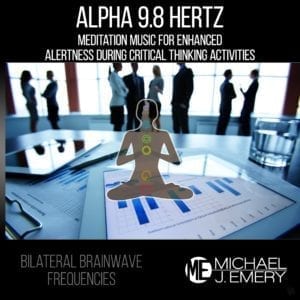



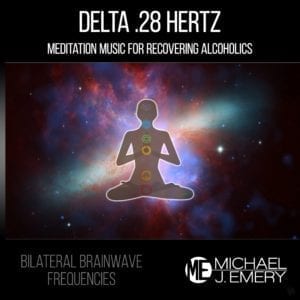
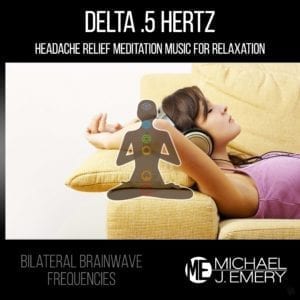
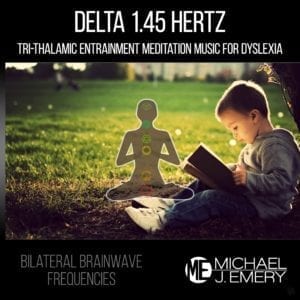
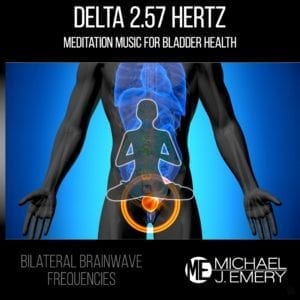



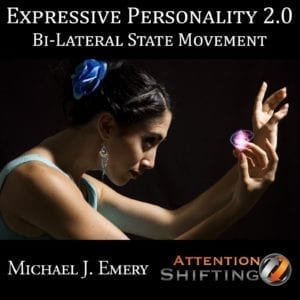


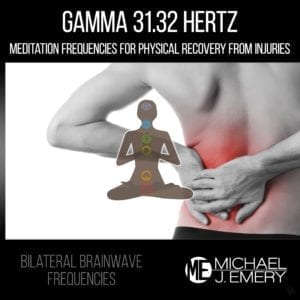
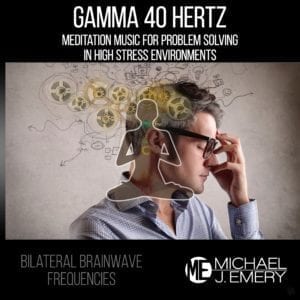













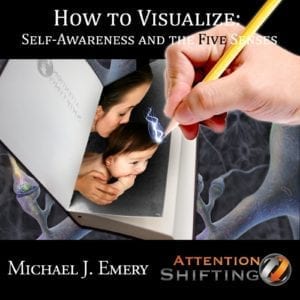


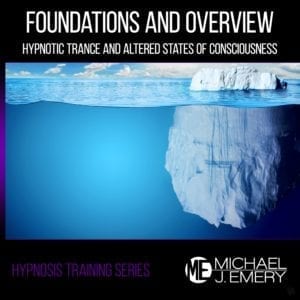
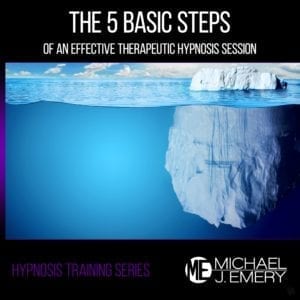









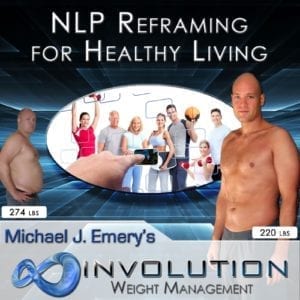
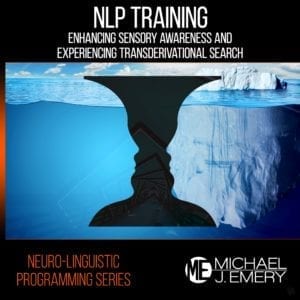
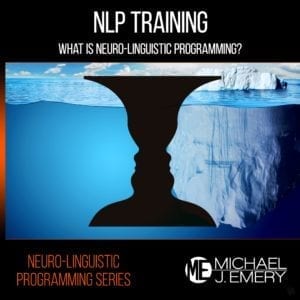
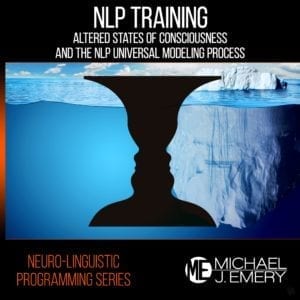



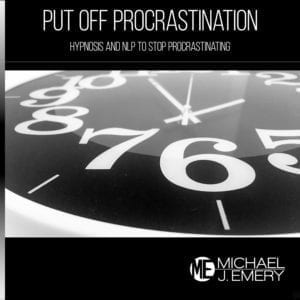

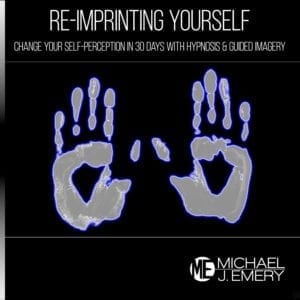










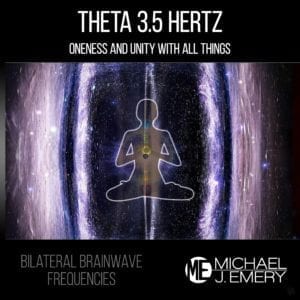
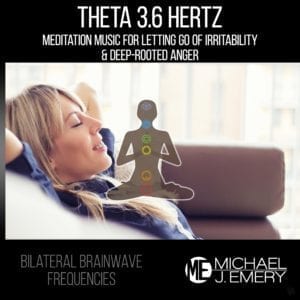
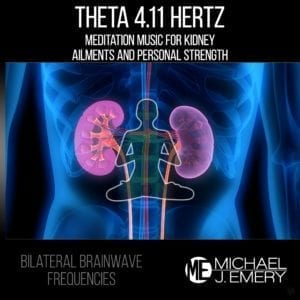




























Explore audio program categories utilizing the best techniques in neuro-linguistic programming, Ericksonian hypnosis, brainwave frequencies, and guided visualization.